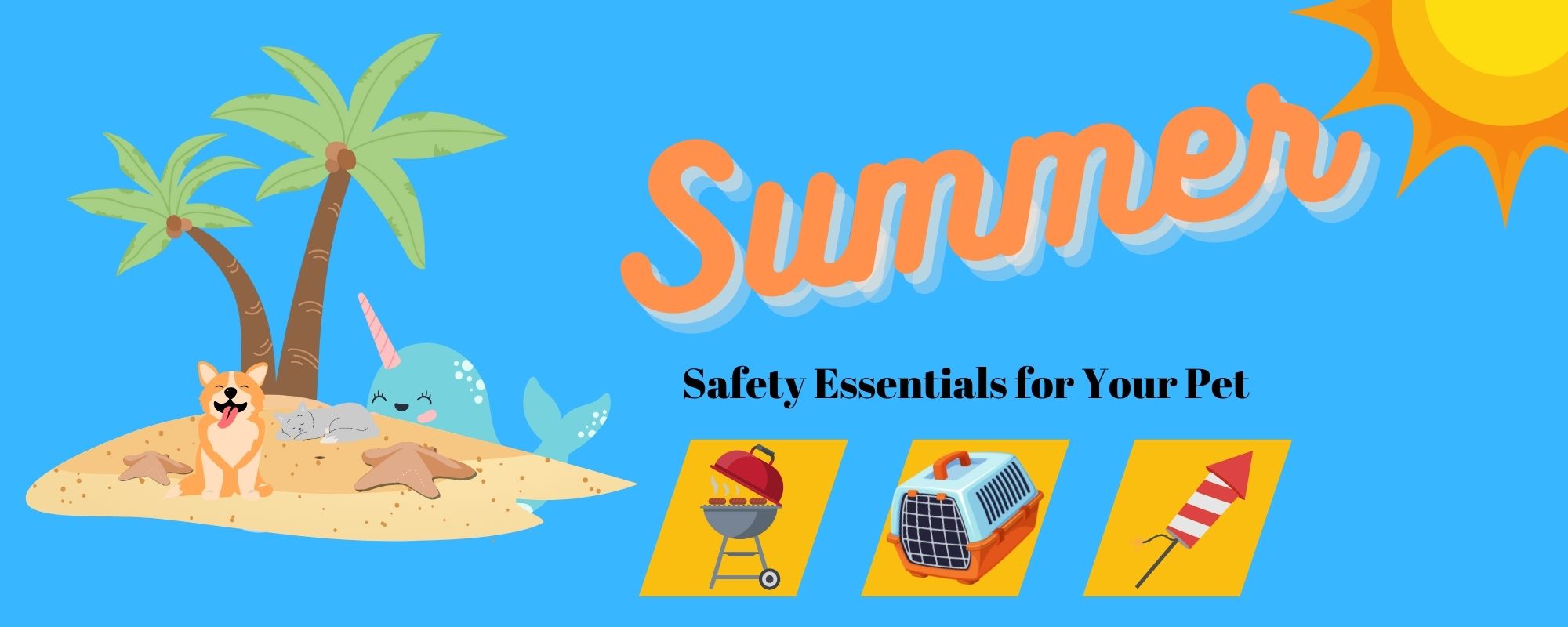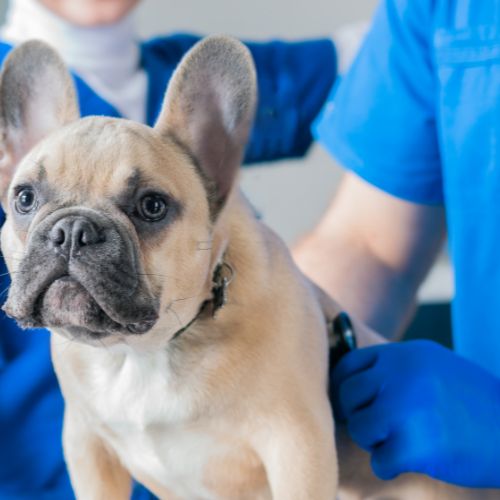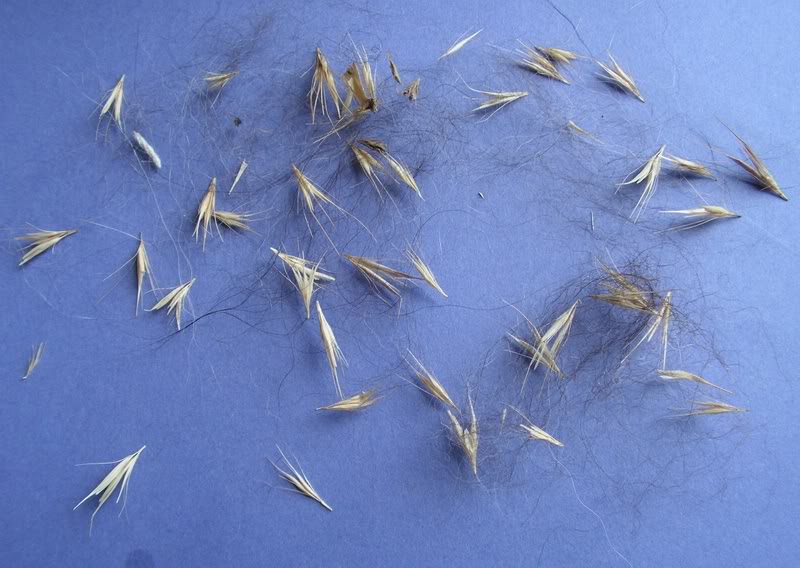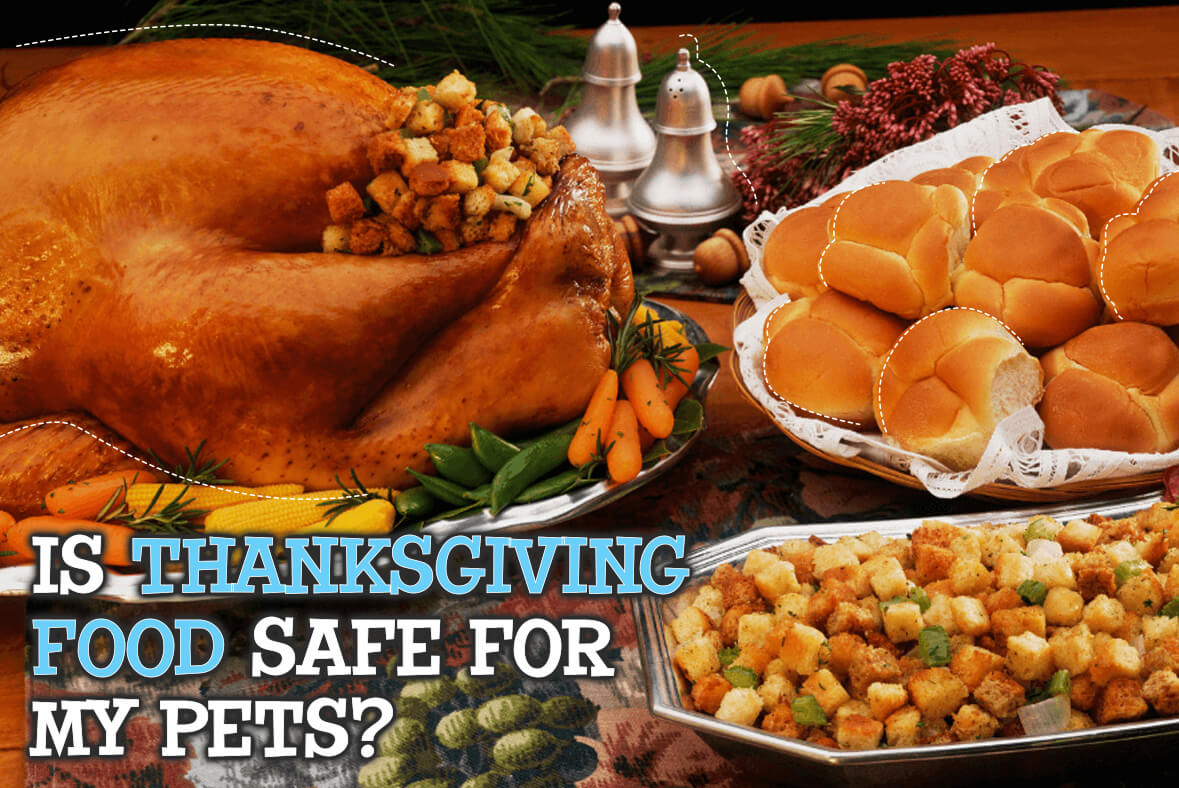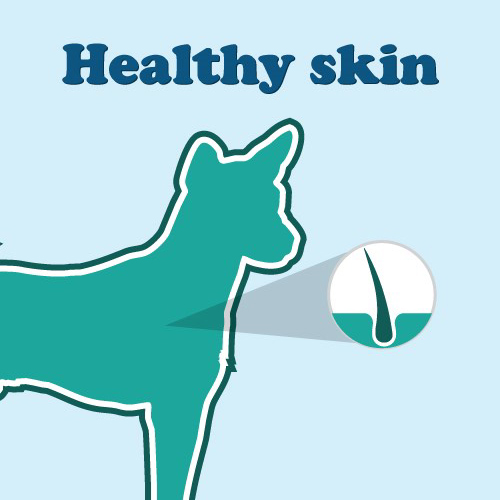By using our website, you agree to the use of cookies as described in our Cookie Policy
Cheatgrass and Foxtails in Central Oregon
Cheatgrass and Foxtail Seeds are a growing concern in the Central Oregon area. We have been seeing an increase in cases concerning the removal and treatment of these harmful Grass Awns or Seed Pods.
Being aware of them, recognizing problems early, and having them removed quickly; are all keys to avoiding more serious or life threatening injuries.
Grass Awns are seed pods of certain tall grasses that grow as invasive weeds. Foxtails and Cheatgrass being common examples of these. These plants can produce thousands of seeds, which dry out and scatter in the summer. The pods typically have tiny barbs, allowing them to easily cling to animals and objects in order to spread and propagate.
Those barbs allow the grass seed to move in only one direction. Unfortunately this means that if it embeds into skin, it can only migrate deeper into the tissue as a foreign body.
Due to your pets height, this often means these seed pods find their way into paws, nostrils, ears, and eyes. They have also been known to find their way through the body wall and directly into chest and abdominal cavities.
The body, in an attempt to protect itself, responds with inflammation and may try to close off the area, forming an abscess. This can lead to serious infections and other complications.
Signs of Foxtail or Cheat Grass Problems in Dogs:
(Included, but not limited to...)
• Fever
• Lethargy
• Loss of appetite
• Swollen and/or painful lump
• Puncture hole
• Discharge or bleeding
• Licking, chewing, or pawing at the affected area
• Limping (if legs/paws affected)
• Shaking head (if ears affected)
If your dog has been in an area with tall grasses, be sure to check their body for grass awns, wounds, and swollen areas. Look at the paws closely, checking the tops and bottoms of the feet and between the toes. Check the ears and mouth. Brush out your dog's coat thoroughly after any off-leash walks in areas that may have tall grasses and remove any foreign objects from your dog's coat.
Be sure to have your veterinarian check any wounds or abscesses immediately. Early detection and treatment will help provide the best results for your pets health.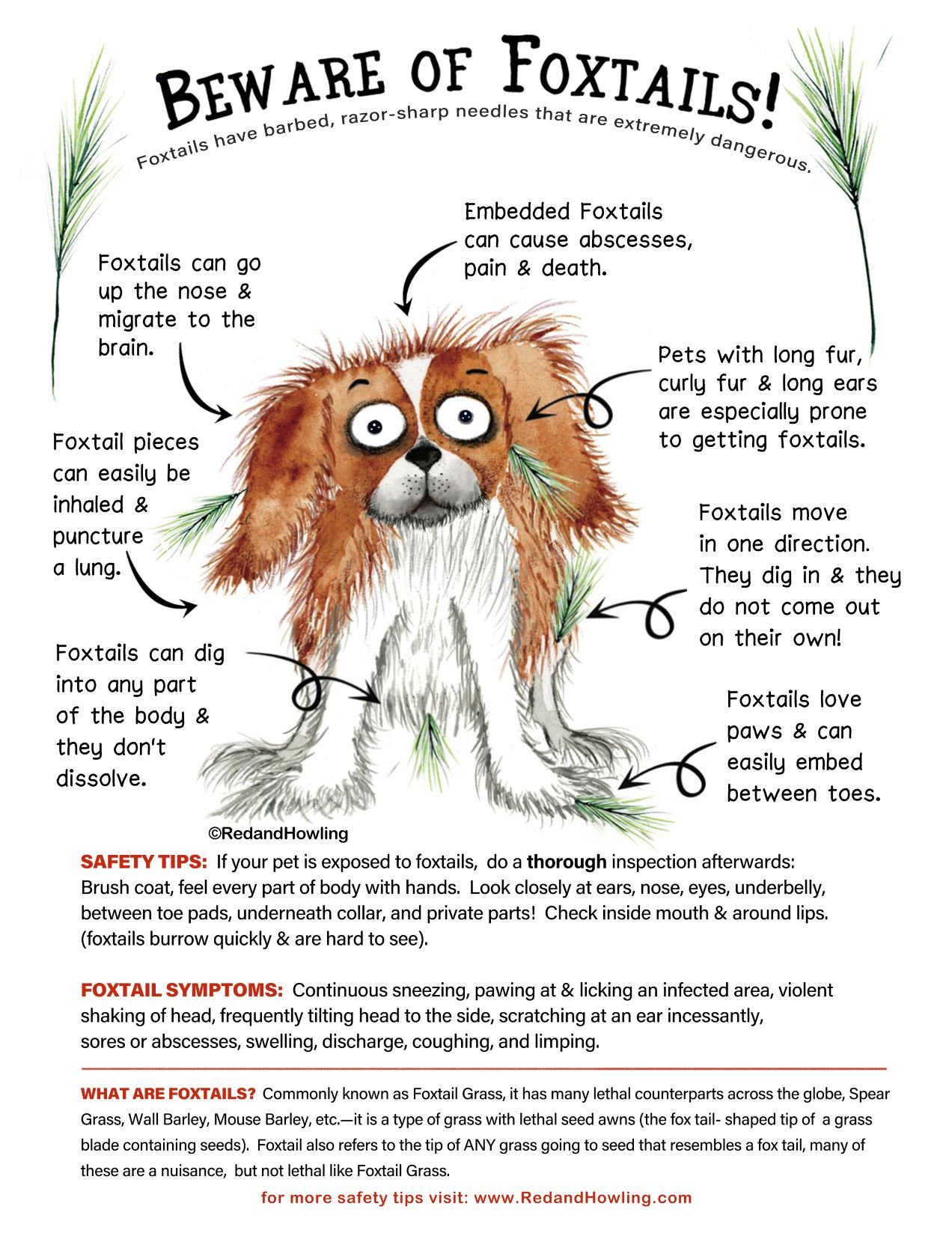
‹ Back


